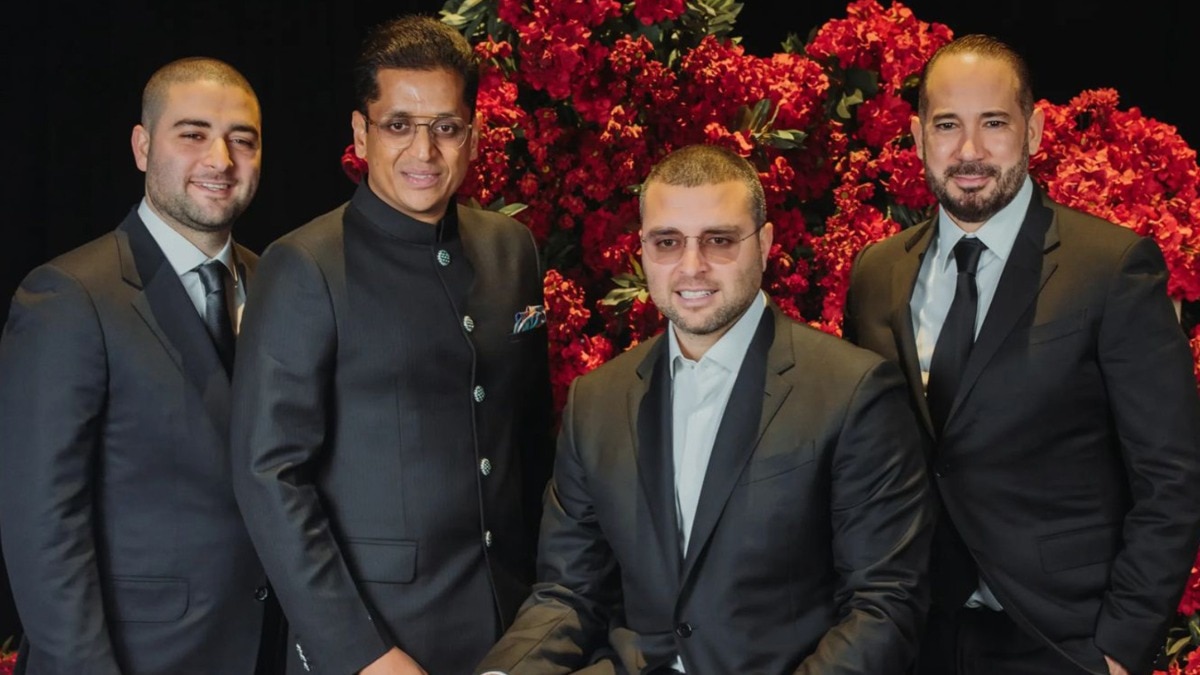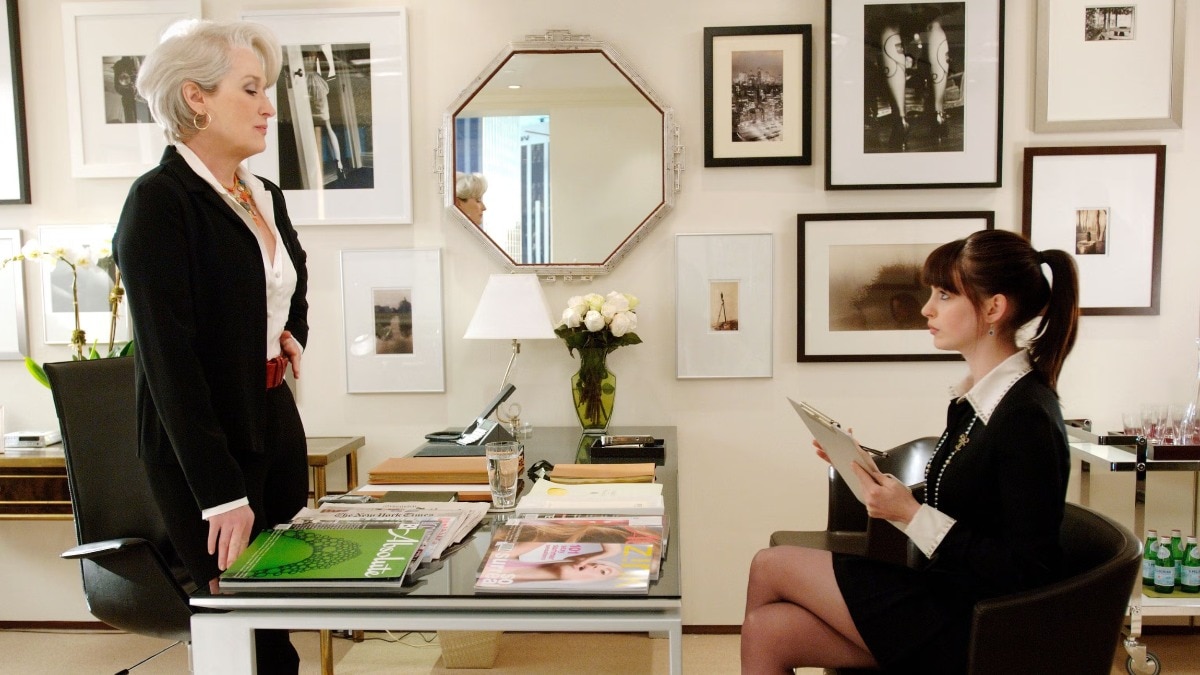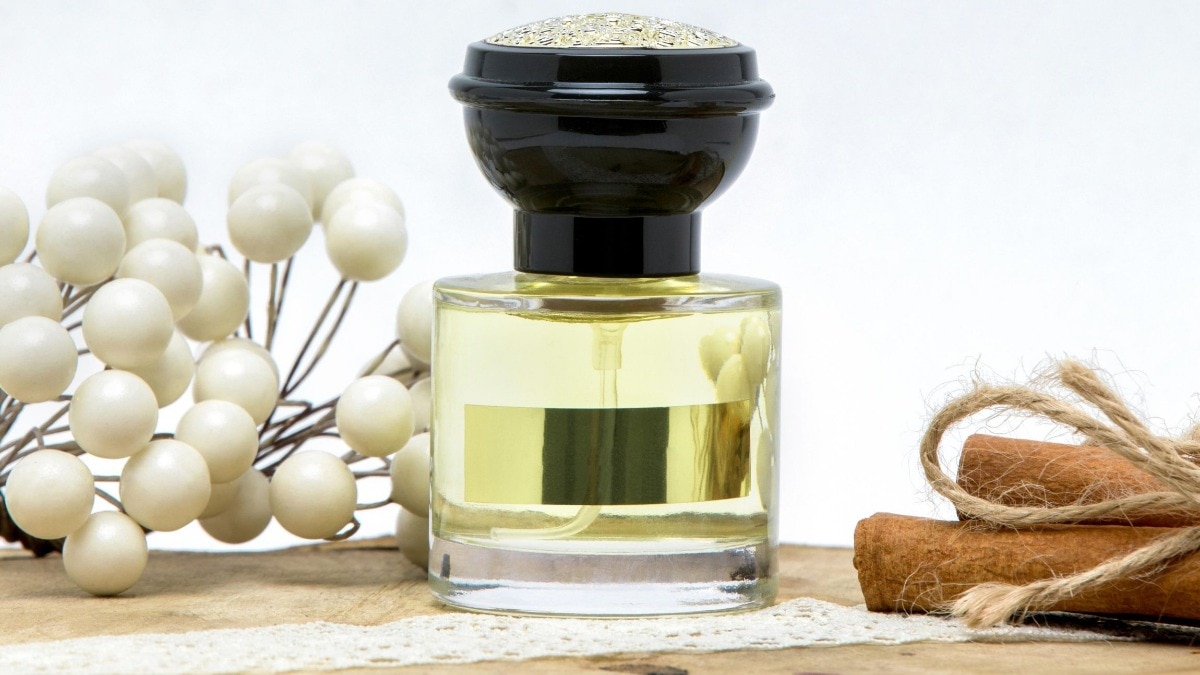
5 questions to ask yourself to know if you’re the toxic one in the relationship
Look out for the signs, accept the problem, and work towards self-improvement.


We’ve all been acquainted with the love bombers, the gas-lighters, the narcissists and even the walking red-flags—all falling under the umbrella term ‘toxic’. Toxic relationships have been the talk of the town for a while now and whether we like it or not, they’re on their way to becoming normalised and even glorified. Swoon-worthy dialogues from films such as He’s Just Not That Into You and celebrity couples have played a large role in exacerbating such glorification.
However, it is important to remember that toxic relationships can have a severe impact on one’s physical and emotional well-being. There’s been much talk about letting go of toxic relationships and environments, but have you ever considered that you may be the toxic one? The one who others need to set boundaries with? Or even the one who may be impacting someone’s emotional well-being, unintentionally? It seems noteworthy to mention here that we’ve all likely engaged in toxic behaviour on different occasions and it may be time to look out for some signs and try to engage in healthier patterns for nurturing relationships. Here are a few questions you can ask yourself and some signs to look out for while navigating through this phase.
Do you feel that your way of doing things is always right?
When you believe that only your thought process or method of achieving things is right, you will tend to push your partner to change their mind-set to be in line with yours. The constant nagging and forcing them to change may push you further away from them, until they feel you don’t love them for who they are. They may feel as though you’re trying to change them instead of accepting them.
Do you often take on a sarcastic tone during conversations?

If your default behaviour in social situations is brimming with so-called humorous quips and condescending remarks disguised in sarcastic words—know that it’s not always funny. If you’re constantly trying to one-up others around you and focus on the negatives, chances are that people find it draining to be around you—no one wants to be criticised all the time. Eventually, what starts as ‘just at joke’ may really end up hurting the other person. We’d recommend being a little more conscious and mindful of your words whether with your partner or anybody else.
Do you tend to trivialise issues your partner thinks are important?
If your partner raises issues or problems that seem to bother them and you barely take notice or behave as if they’re over-reacting and making a big deal out of a small problem, it is concerning. While you may not intend to do so or think that the problem can be easily resolved, it is likely that your behaviour may make the person feel inferior, not heard, or even think that their feelings are not valid. Such behaviour is also a sign of lack of empathy. The next time you’re met with such a situation, try putting yourself in your partner’s shoes and understanding the problem from their perspective. This will help you and your partner resolve the conflict in a healthier manner.
Do you find yourself in denial of your feeling or emotions?
In a relationship, it is important to be emotionally available for your partner. It requires you to be open, honest, and vulnerable with them, and the lack thereof can often imply a lack of trust or discomfort in the relationship. If you’re in constant denial of your emotions or are unable to express your feelings openly with your partner, it creates resentment, misunderstanding, and conflict in the relationship, leaving the other person clueless most of the times. It might be best to reflect on why you’re not able to express your emotions freely and then take small steps towards improving intimacy and communication in your relationship by being more emotionally available.
Do you find yourself twisting your words as per your convenience?

Perhaps the most classic trait of a toxic person is lying, selfishness, and manipulation. Often when you want things to go your way without caring for what the other person wants, you may twist your words, make false promises, go back on your word, and manipulate your way to win their heart again. You may find yourself frequently lying and acting only on your self-interest instead of working out what is best for both of you. Often, this may result in short-term relationships until you realise how this behaviour may be affecting others.










